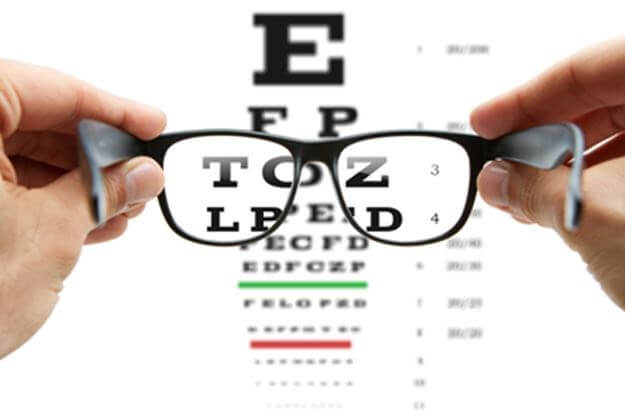There is no question we should all get our oral health examined twice a year. However, it is much more complicated to determine how many times you should go to an optometrist. Risk factors, change in eyesight and lifestyle helps to evaluate how often an individual should visit an experienced and well reputed optometrist.
More than 50 percent of the adult population is in need of vision correction. Almost anyone who is 52 years or above experiences difficulty focusing or have to take pain medications for constant headaches due to deteriorating eyesight.
Many diseases such as hypertension or diabetes increase the risks of damaged eyesight, leading to several different types of diseases. Moreover, patients who are 61 years of age and above and suffer from chronic health complications should visit an optometrist at least once or twice a year. Sometimes, an eye doctor can schedule another visit to treat a medical condition.
In any case, if you experience sudden changes in your eyesight such as flashes, blurriness or a loss of vision due to an injury; it is important to contact your eye doctor immediately.
These are a few general guidelines that recommend how often you should visit your optometrist, according to your age or risk factors.
Once a year: If you are below 40 years of age. You can also get an appointment if your eyesight changes or if you experience a head injury.
Twice to four times a year: If you are between 40-64 years of age.
Once a year or according to your doctor’s recommendation: If you are 65 and older.
Risk Factors:
All individuals who have a family history of eye problems or blindness may need to visit their optometrist more frequently than others.
People who are taking certain medications or undergoing special treatments may require getting their eyes tested more regularly.
Pregnant women or individuals suffering from other diseases such as diabetes, hypertension or autoimmune disorders may be required to schedule more than one appointment every year.
Why Eye Exams are Important?
As our screen-time continues to increase with each passing month, it is important than ever to get our eyes tested more regularly. An inclusive and dilated exam is helpful for identifying current or potential eye problems.
An early detection of these problems is crucial for preventing permanent outcomes such as semi or permanents blindness, night blindness or double vision.
This is why optometrists today recommend healthy adults between 18-70 years of age to get a detailed eye exam, regardless of whether they wear glasses, contact lenses or don’t wear them at all. Even healthy people should have their eyes examined once or twice a year
Final Thoughts
Regular visits to your eye doctor guarantees you will no longer suffer from itchy, watery or swollen eyes, which could interfere with your work or daily activities. Your optometrist does more than just check your eyes; he is able to provide corrective measures to several kinds of eye infections and diseases.
Optometry equipment is capable of detecting all changes that are taking place inside your eyes. Once an optometrist finds anything abnormal, he will most probably recommend another appointment to see if the treatment is taking its effect.




